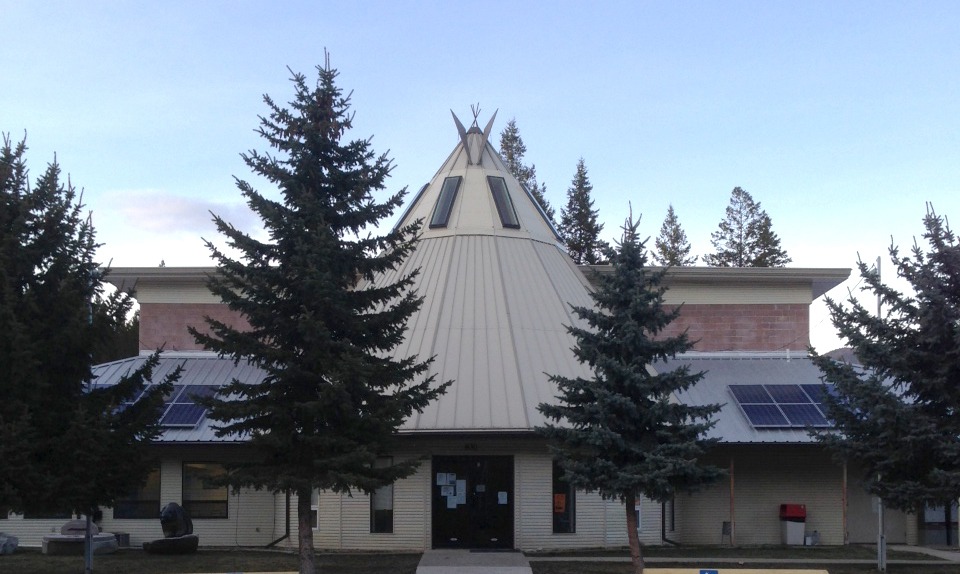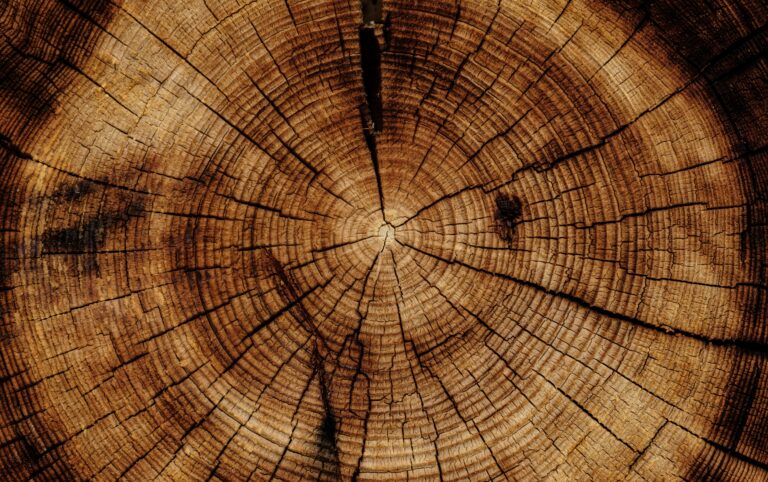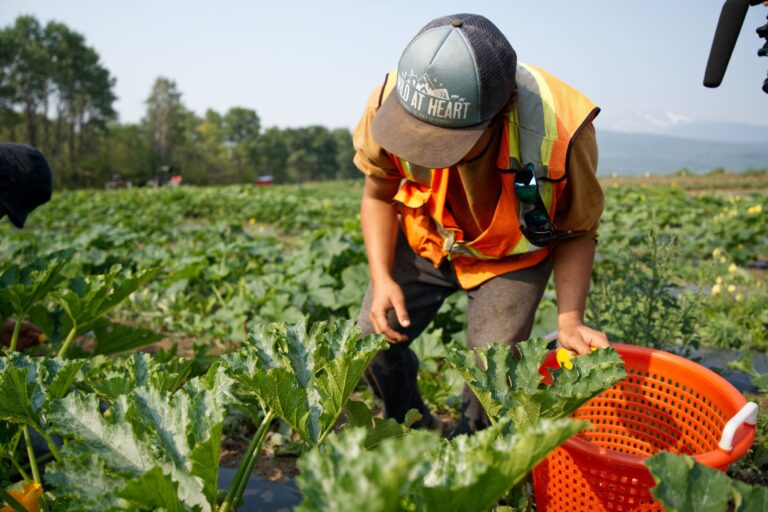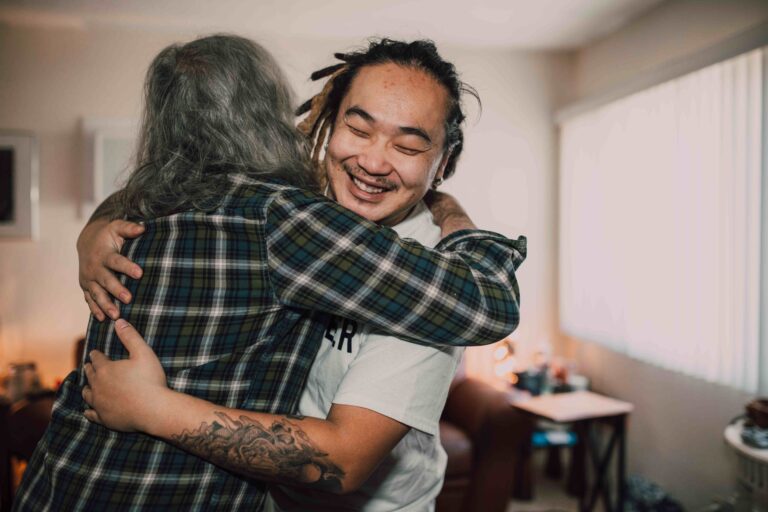
4 May 2018
A Reflection on Reconciliation and Healing
I recently had the great honour of taking part in the fifth Walk in Balance Reconciliation and Healing conference in Fort St. John. Many of our Northern communities came together for this gathering – members of each local Treaty 8 Nation participated, support staff from health and wellness sectors and social agencies attended, and facilitators and speakers from across the country came to share their knowledge, wisdom and inspiration with attendees.
The purpose of the conference was to encourage attendees to ‘walk in balance’ in all aspects of their lives – physically, mentally, emotionally and spiritually. The programming aimed to help participants start or continue their healing journey by encouraging positive self-image, building of self-esteem, and helping participants identify their unique strengths and assets that they can offer themselves and their communities. There were workshops on forgiveness, trauma, addiction, mental health, work-life balance, healthy relationships, and healing circles. Additionally, participants had the opportunity to focus on their personal rejuvenation and wellness by engaging in energy work, smudging, traditional medicines and massage.
As a community planner I focus on health and social planning, and see my role as a catalyst to help facilitate and sustain vibrant and healthy communities. As a non-Indigenous person, I recognize that my life experiences and circumstances are likely different from many of the community members in the Indigenous communities I work with. Although I will never walk in their shoes, I can be empathetic, listen, seek to understand and find common ground that we do share. By acknowledging this, I recognize and honour the trauma, pain and grief that comes from years of racism, exclusion and division in Canada, the painful legacy of residential schools, and the harrowing reality of peoples’ loved ones having gone missing or their lives taken.
I reflect on three important ideas from the conference that can help foster meaningful reconciliation and healing through my own work:
- It is important to create space for people to be heard, and to feel safe and empowered to take ownership over their own experiences. Reconciling the past is part of moving forward on the healing journey. Healing comes in different forms, at different times, for different people. It is important to meet people where they are, and really listen.
- Like the premise behind the core of our Community Well Being practice, it is vital for community planning practitioners to realize we are not experts in this space of healing and reconciliation. We must recognize that communities have existing knowledge and practices that should guide collective healing so the community can move forward together in healthy, meaningful, and positive ways.
- There is tremendous value in collective healing and shared experience as part of the reconciliation journey. Indigenous and non-Indigenous people both benefit from spending time reflecting, reconciling and healing as part of their own journeys, and coming together to reconcile and heal together. Speaking truth to what has happened in our shared past requires facilitating open and honest dialogue without being constrained by guilt, and focusing on attitude-shifting at home, in our schools, and in our workplaces.
For these ideas to manifest in our northern communities, all of us must lead with compassion and understanding through the lens of reconciliation. In this context, my role as a community planner is to ‘walk in balance’ with Indigenous communities to support them on their journey, wherever it has taken them, and to help them bring their own ideas, visions and shared stories to life in the future. The community members that I work with are my teachers and peers, and the Walk In Balance conference showed me that despite complex, difficult histories, it is Indigenous peoples themselves that drive the healing and reconciliation process forward. As practitioners we need only ask how we can enable them; by doing so, we enable ourselves.
Julianne is a community planner and consultant with Urban Matters C.C.C. and Urban Systems Ltd., working out of our Fort St. John office. She immensely values the work she gets to be a part of with Indigenous communities in BC.




